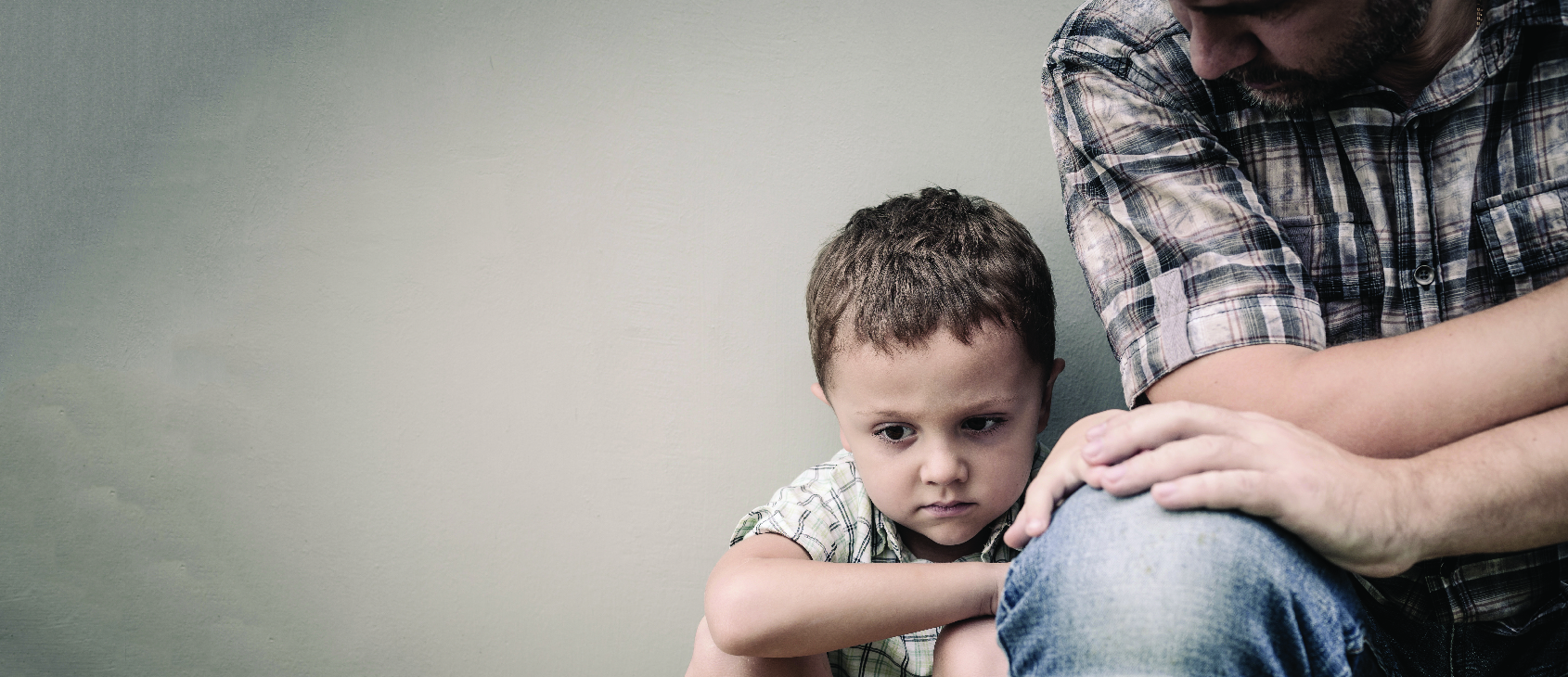In the Bahá’í Faith, the intricate relationship between children and parents is underpinned by principles of love, compassion, and, importantly, discipline. The teachings emphasize the balance of nurturing care with the necessity of guiding children toward the development of moral character. This discourse seeks to unravel the multifaceted nature of discipline, particularly when it demands engagement tempered with love.
To embark upon this examination, it is crucial to contextualize the Bahá’í perspective on parental responsibility. Parents are viewed as primary educators, imbued with the sacred duty to cultivate the abilities and virtues of their offspring. This role is not merely transactional; it is a profound engagement that calls for an understanding of the spiritual and moral dimensions of childhood development. Within this framework, love is the prevailing force that motivates parental interactions.
However, love alone is insufficient. The Bahá’í teachings hold that discipline serves as a crucial adjunct to love, promoting not just immediate obedience, but fostering a long-term understanding of responsibility and ethical behavior. This calls into question what is meant by ‘discipline’ in a spiritual context. It transcends mere punishment; it embodies the essence of teaching children about the consequences of their actions in a manner that is constructive rather than punitive.
One might categorize discipline into various types: affirmative discipline, natural consequences, and structure-driven discipline. Each category serves a distinct function, yet all converge on the ultimate goal of molding children who are both socially responsible and spiritually aware.
Affirmative Discipline
Affirmative discipline focuses on redirecting a child’s behavior through positive reinforcement. Rather than highlighting missteps, this approach underscores commendable attributes, fostering self-esteem while simultaneously instilling values. For instance, when a child cooperates in household chores, acknowledging their efforts reinforces the behavior. This practice aligns with the Bahá’í teaching of appreciating the merits in every individual and cultivating an environment in which goodness is nurtured.
Natural Consequences
The notion of natural consequences is entrenched in the understanding that children must learn through the outcomes of their actions. When a child neglects to wear a coat in chilly weather and subsequently feels cold, they intuitively grasp the link between their decision and its effect. Bahá’í teachings advocate for allowing children to encounter natural consequences as a means to develop critical thinking and sound judgement. Yet, parents must navigate this path with caution, ensuring that the experiences are not punitive but serve as a learning tool.
Structure-Driven Discipline
Structure-driven discipline involves setting clear expectations and boundaries, creating a framework within which children can explore and make choices. It encompasses rules and routines that provide security and predictability. In the Bahá’í view, these structures should be reflective of justice and equity, ensuring that children understand the rationale behind rules rather than perceiving them as arbitrary restrictions. Fostering an environment of open dialogue further enhances this approach, as children are encouraged to express their thoughts and feelings about the established guidelines.
The Interplay of Love and Discipline
While each type of discipline has its merits, the synthesis of love and discipline is paramount. Bahá’í teachings resonate with the adage that “the heart of the parent should be filled with love.” The expression of love must permeate disciplinary actions. This does not mitigate the necessity for boundaries or the enforcement of consequences; rather, it frames these actions within the context of care and concern for the child’s holistic well-being.
At times, the delicate balance between enforcing discipline and expressing love may lead to parental dilemmas. It is essential for parents to cultivate patience and remain attuned to their children’s emotional states. Reflecting on one’s approach, utilizing moments of introspection, can provide insight into whether actions taken stem from a place of love or from frustration. This self-reflection is in harmony with the Bahá’í principle of striving for personal growth and self-improvement.
Moreover, fostering a relationship where communication is prioritized lays the groundwork for effective discipline. Children should feel secure in expressing their emotions and thoughts without fear of retribution. Parents’ active listening establishes trust, making the disciplinary process collaborative rather than unilateral. As outlined in Bahá’í teachings, the qualities of trustworthiness and forthrightness are pivotal for nurturing relationships.
Long-Term Objectives of Discipline
The culmination of love and discipline cultivates the development of virtuous characteristics within children, preparing them for their roles as future members of society. Bahá’í teachings assert that the ultimate purpose of education—whether formal or informal—extends beyond academic achievement. It encompasses the spiritual and moral upliftment of the individual. Disciplined children, raised within a context of love, are more likely to blossom into adults who embody attributes such as justice, kindness, and service to humanity.
Conclusion
The interrelationship between love and discipline in the Bahá’í view is a dynamic interplay that shapes the development of children into principled individuals. The manifold approaches to discipline—including affirmative methods, natural consequences, and structured environments—should harmoniously align with the ever-present essence of love. Through diligent and reflective application of these guiding principles, parents can nurture children who are prepared to contribute positively to the world, manifesting the ideals intrinsic to Bahá’í teachings.
